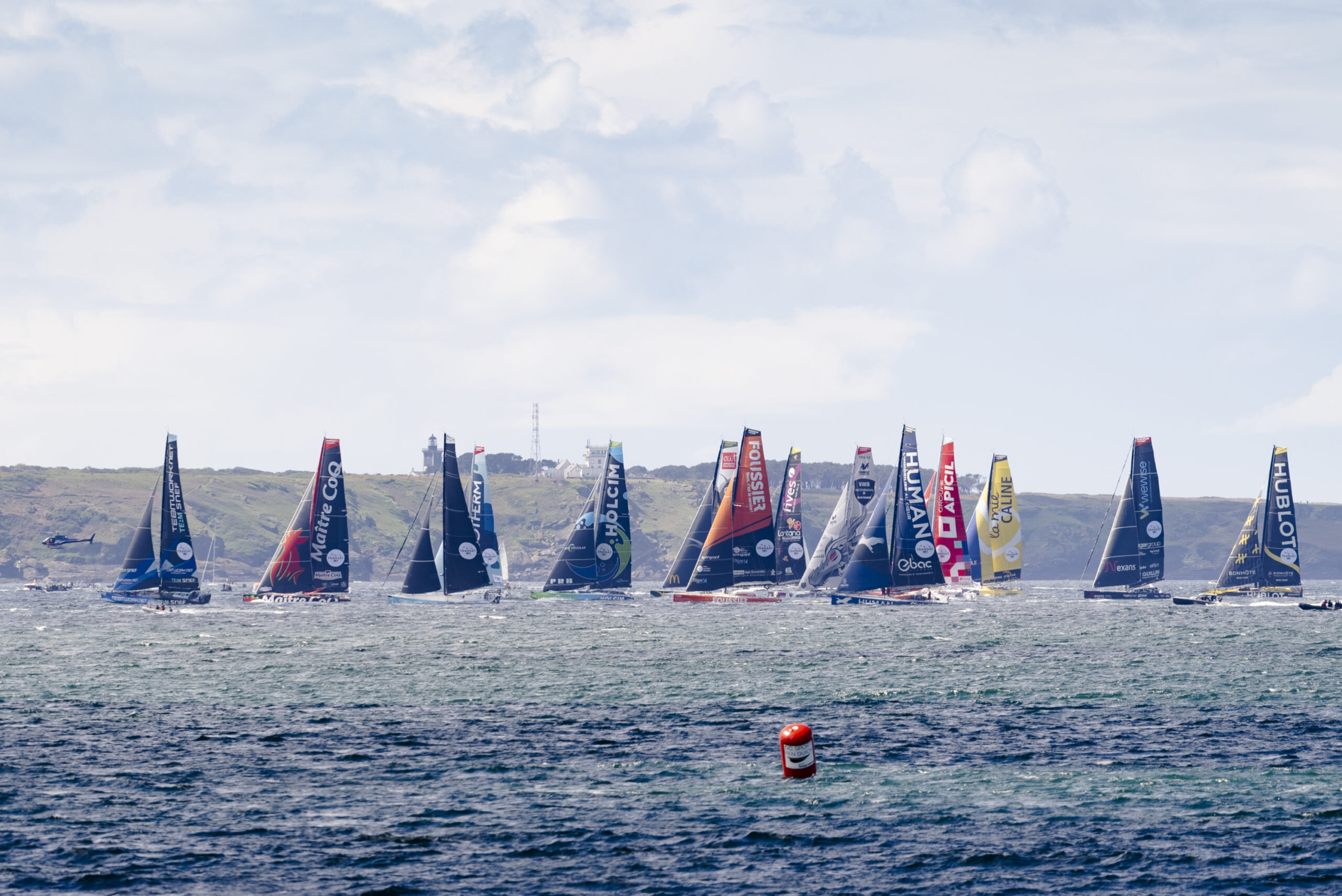Background
Founded in 1991 and officially recognized by World Sailing (International Sailing Federation) in 1998, the International Monohull Open Class Association (IMOCA) governs the class of 60-foot (18.28 meters) Open monohulls. Members of IMOCA seamlessly blend competition with the relentless pursuit of human adventure. Moreover, they establish rules to ensure fair play and safety, while fostering innovation around these oceanic monohulls, now the fastest in the world.
The primary objective of IMOCA is to develop the fleet of monohulls and provide its skippers with an attractive and coherent sports program. In 2018, IMOCA launched the IMOCA Globe Series, a four-year championship including the two most prestigious round-the-world races, the Vendée Globe and The Ocean Race.
In its evolution, IMOCA pays particular attention to the development of collective reflection and innovation concerning environmental issues. This is to adapt its rules and practices for increased sustainable performance. As the first offshore racing class to vote on technical rules favoring the transition to a lighter and more positive footprint, while retaining the essence of competition, IMOCA demonstrates its commitment to sustainability. Additionally, the Class has partnered with the IOC-UNESCO since 2015, thus supporting the collection of oceanographic data in isolated regions of the globe.
Image credit: Marin Le Roux / Julien Champolion / polaRYSE / IMOCA





